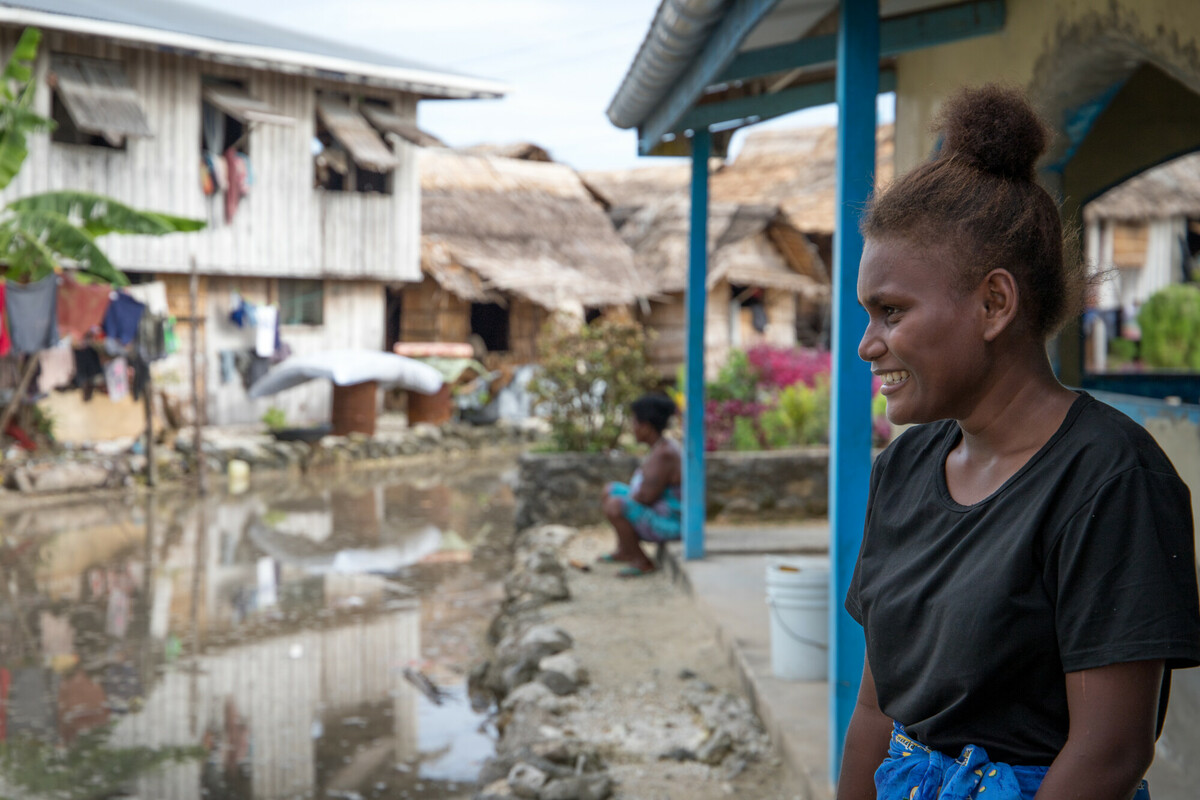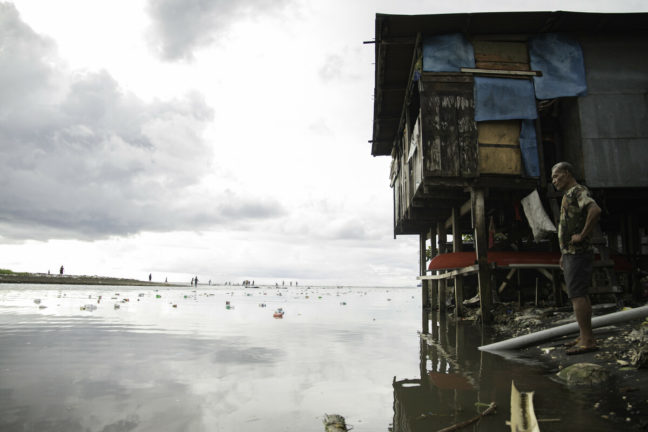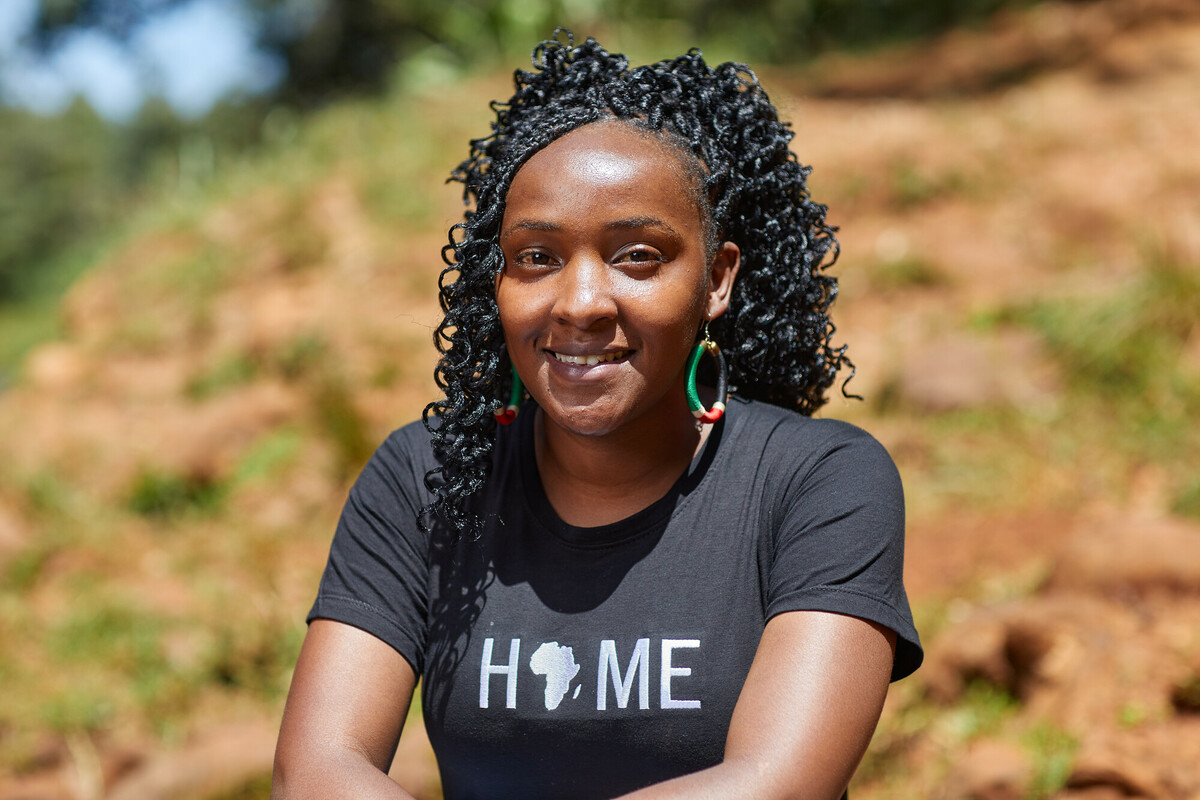
Extreme weather events and increasing humanitarian need
Continued inaction has created a climate crisis with more extreme weather events happening more frequently. These events disproportionately affect communities already facing crises related to conflict, food insecurity, and the economic shocks of the COVID-19 pandemic. Even worse inadequate loss and damage finance from rich countries, who are the most responsible for the climate crisis impedes their ability to rebuild and adapt.
These are the findings of Footing the Bill, a new Oxfam report which analyses the increasing occurrence of extreme weather events from 2000 to 2021 and makes the case for increased loss and damage funding. When we say loss and damage funding, we refer to finance that directly addresses unavoidable climate change catastrophes that developing countries are particularly vulnerable to, for instance, the money needed to rebuild homes and hospitals or provide shelter, food and emergency cash transfers after a cyclone or the slow building catastrophes from sea level rise inundating villages and towns. Loss and damage finance also addresses compensation for non-economic losses such as to cultural life, traditional knowledge, health and wellbeing.
The costs of extreme weather cannot be measured by money alone. Rising tides, diminishing natural resources, community displacement, and pollution is resulting in irrevocable changes to our way of life. This is especially true for the cultural heritage and traditional practices of Pasifika and First Peoples communities in Australia and across the Asia-Pacific region.
However, the financial costs are staggering, and Footing the Bill finds UN humanitarian needs linked to extreme weather events and their associated costs have ballooned by 800% over the last 20 years. Costs to support countries and communities deal with extreme weather events are expected to increase by between $200 and $580 billion by 2030.

Historical responsibility and inaction
Rich countries and corporations are almost wholly responsible for the current climate crisis, contributing an estimated 92% of excess historical greenhouse gas emissions and 37% of current emissions. And yet, they still fail to do the right thing and provide enough funding for recovery and adaptation. In fact, they are only paying half the bill! Oxfam found that for every $2 communities needed to recover, rebuild and adapt after extreme weather events, donor countries are only providing $1 in funding, a shortfall of $33 billion over the last 5 years.
“This is not just about money — because money can never replace what people have already lost. This is about justice. It’s about building trust and solidarity.”

Elizabeth Wathuti
Climate Justice ActivistLoss and damage finance to right historical wrongs
Poorer countries are footing the bill for a crisis they did not cause. Continued climate-driven loss and damage, decreasing aid budgets and a lack of political will to take climate action is causing hunger, death and displacement. It is the responsibility of the greatest emitters to increase their loss and damage funding – this is what climate justice looks like.
Canada and Germany have recently hinted they might ‘do international development differently’ through the lens of climate change and loss and damage. We hope that COP27 in November will also see the establishment of a dedicated loss and damage finance facility with Pacific Island countries and other climate-vulnerable states making it a key ask. An opportunity also exists here for our government to regain its standing as a regional and global leader if the new Labor government adopts meaningful climate finance and loss and damage funding targets.
2022 could be the year rich countries finally account for the loss and damage caused by their past and continuing actions and start working towards climate justice.